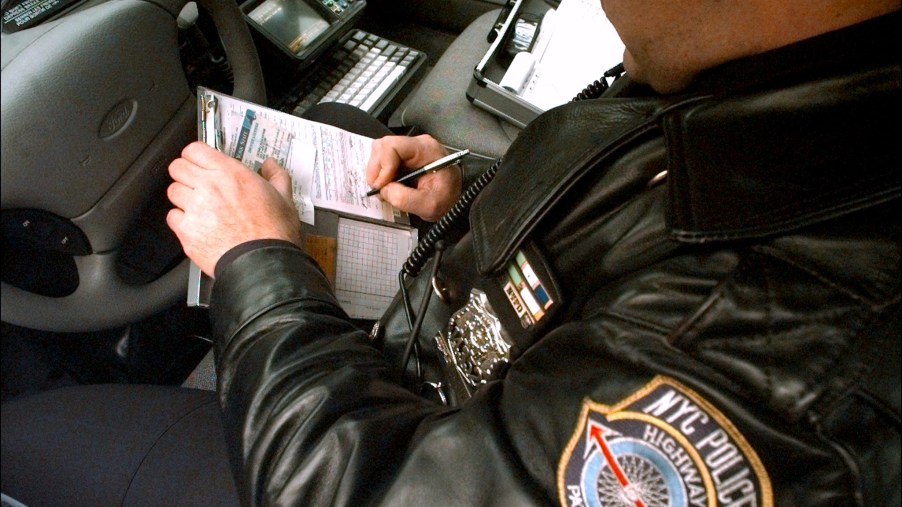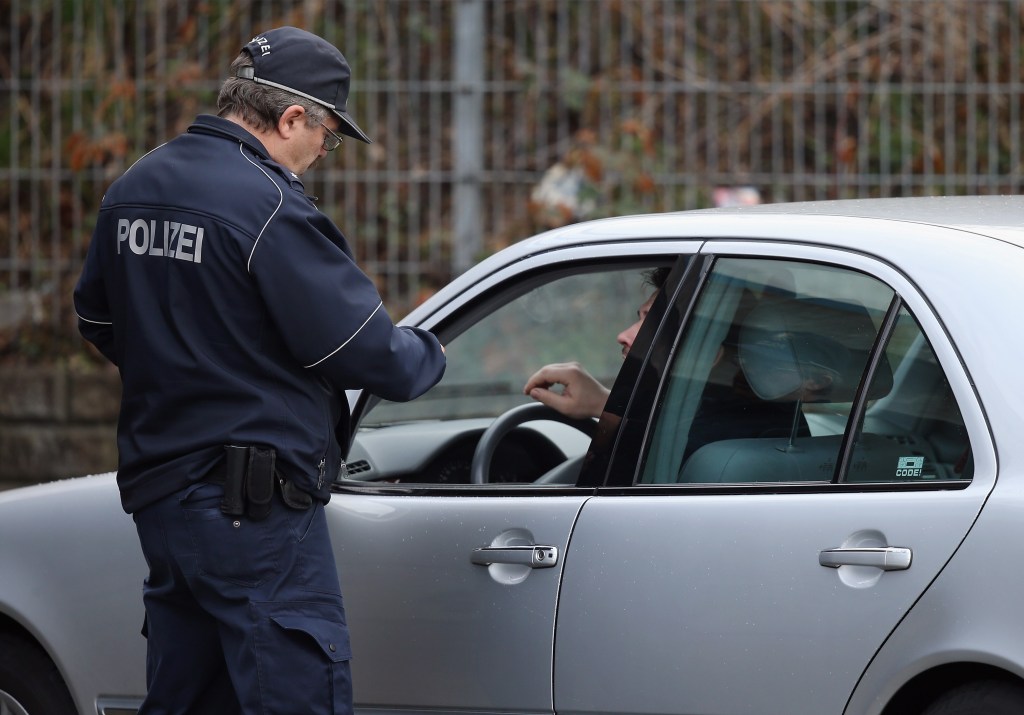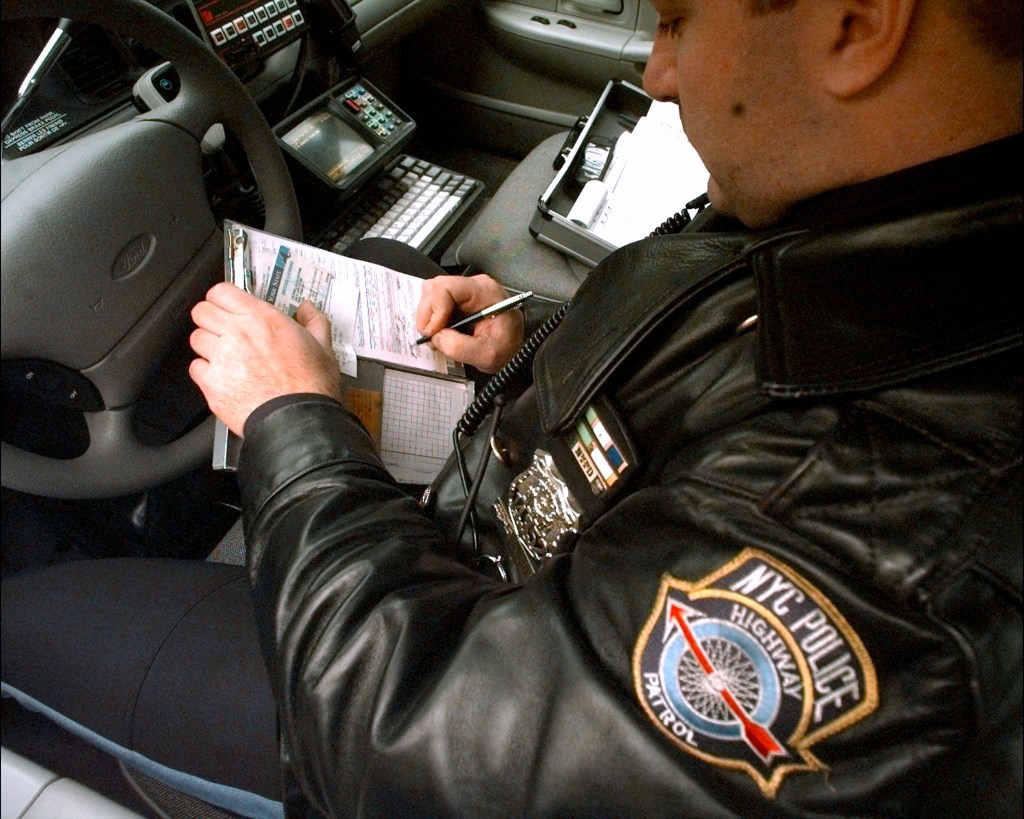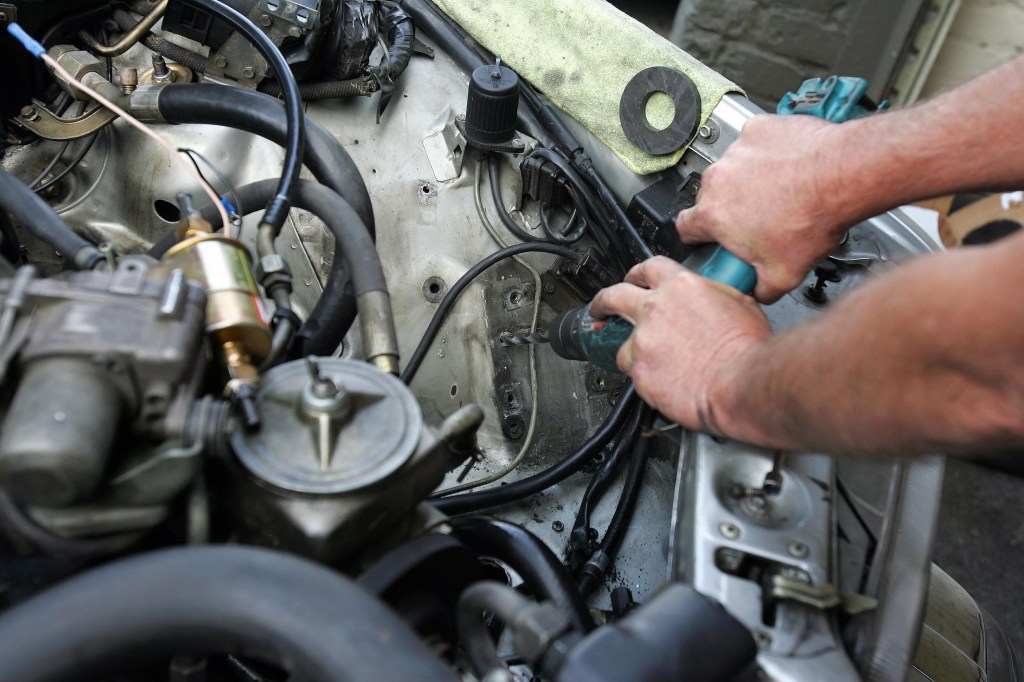
What Happens if You Don’t Pay a ‘Fix-it’ Ticket?
Receiving a moving violation is never fun, but at least some of them, like a “fix-it” ticket, are correctable. These types of tickets are among the most lenient as they allow you to get the issue fixed and typically don’t end up on your driving record. But what happens if you neglect to pay a “fix-it” ticket fine?
What is a “fix-it” ticket?

A fix-it ticket is one that’s issued for an array of violations, depending on where you live, Autoblog notes. Some of the most common examples of violations worthy of a fix-it ticket include a broken or malfunctioning tail light or blinker, an obscured license plate, or illegal modifications on your car.
Other, non-mechanical violations can receive fix-it tickets as well. This includes violations like expired registration tags and driver’s licenses as well. However, not every state considers those offenses correctable, but you can always check your local state laws to find out.
How do I fix a fix-it ticket?

If you receive a fix-it ticket, there should be instructions and conditions on the ticket itself. It should tell you how much time you have to correct the offending issue as well as how you can get it dismissed. If you can’t find the instructions on the ticket itself, you can always check for them online on your state’s website.
After you understand the conditions of the ticket, you can then proceed to fix the issue on your car or on your car’s registration. This could mean having to visit a mechanic for the repair or the DMV to update your license or registration.
Get your repairs verified

After you fix the issue that you were ticketed for, you’ll need to have it verified by an authority. Again, this authoritative figure can vary by state. For example, in California, a licensed inspection station can verify that any physical repairs have been done to your vehicle, while the DMV can sign off on any registration issues. Just to note, an actual police officer might need to approve some repairs to sign off the violation.
Get the violation dismissed
In order to completely resolve the fix-it ticket, you’ll need to show up to the court and present proof that you resolved the issue. Some states do allow for electronic verification, so you can check whether or not yours does. Just remember that you might need to pay an administration fee for the court costs as well.
If you don’t do anything about the ticket
If you forget or decide not to do anything about the fix-it ticket that you received, then you can expect some hefty fines to occur. According to the California courts, failing to pay the fine or show up to court will increase, and even add, some additional penalties.
You can be fined up to $300 on top of the amount that you already owe and the court can even charge you with a misdemeanor for failing to pay. However, if you would rather avoid any additional penalties or fines, remember to address your fix-it ticket as soon as possible. If not, it will only get worse.



